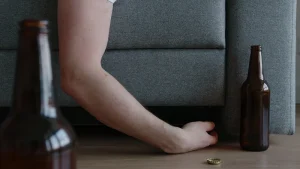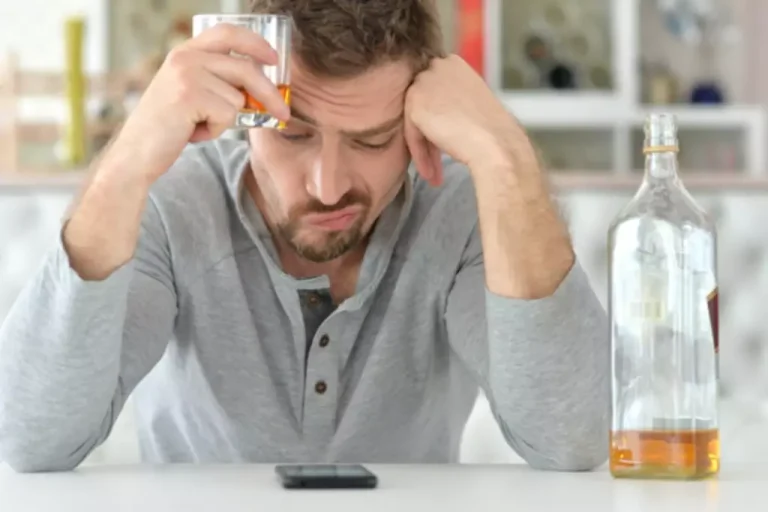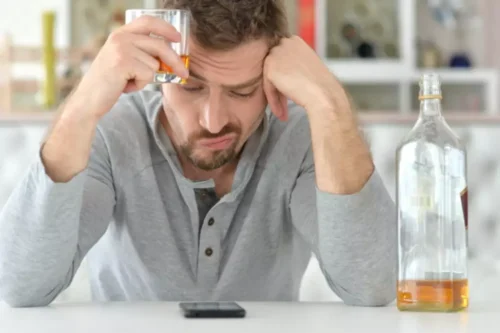- Any questions?
- info@dmaya.ph
APIs for Finance: Transforming Cash, Liquidity and Payments
December 31, 2022
He later found out that the excessive alcohol had thinned his blood, causing some minor bleeding and ink disbursement overnight. It wasn’t a disaster, but it definitely required a touch-up, a lesson learned the hard way. Over the next few days and weeks, new skin cells form over the tattooed area, gradually pulling the ink deeper into the dermis. The top layer of skin, the epidermis, regenerates, and the tattoo begins to scab and flake – think of it as your body’s natural bandage. When you get inked, the care doesn’t stop the moment you leave the tattoo parlor. Following your artist’s aftercare instructions is crucial, which often includes the application of various creams or taking certain medications to prevent infection and encourage healing.
Can You Drink During a Tattoo Session?

Your body needs to work overtime to make sure that the wound heals properly and oxygen is supplied efficiently throughout the body. Just think about the whole process, you are repeatedly penetrating drinking after a tattoo your skin with a needle to introduce a foreign and chemical product to your skin. Tattooing is physically tedious for your body to heal after getting a tattoo. You may wonder does alcohol interfere with the healing process.
Alcohol Causes Excessive Bleeding
Alcohol can make your blood thinner, which can lead to increased bleeding during and after the tattooing process. This can affect the quality of your tattoo and make it more difficult for the ink to settle properly in the skin. Drinking sufficient water helps your body flush out toxins and supports your immune system in fighting off any potential infections that could compromise your tattoo’s appearance. Proper hydration speeds up the healing process, ensuring that your skin repairs itself efficiently without causing issues like excessive scabbing or cracking. Such problems not only prolong the healing time but can also affect the final look of your tattoo. Renowned artist, Sarah Miller, known for her intricate botanical designs, puts it bluntly, “Alcohol thins your blood, period.
- Many tattoo artists will recommend that you wait at least 24 hours before drinking to give your tattoo a chance to form at least somewhat of a barrier.
- If you choose to drink a few days after you get a tattoo, limit yourself to one drink.
- This can potentially make the tattoo look faded or uneven, contributing to a cloudier appearance.
- Damaged skin takes longer to heal, and can make you more prone to infection, so don’t head straight from the beach to the tattoo shop.
You’ll be Turned Away
Depending on exactly where on your body you tattoo is, you might have a harder or easier time with your workout. You’ll be fully in the clear once your skin Drug rehabilitation seems to be back to normal, according to Törőcsik. ‘If scabbing has fully fallen off and the entire surface of the tattoo is the same as the rest of the skin, it is safe to resume exercise,’ he says.

Tattoo Benefits: An Artist’s Perspective
Ultimately, the decision of whether or not to drink alcohol while your tattoo heals is a personal one. By understanding the science behind tattoo healing and the potential effects of alcohol, you can make informed choices to ensure your new ink heals beautifully and safely. Remember, a little caution and mindful indulgence can go a long way in preserving your masterpiece. Firstly, alcohol dilates your blood vessels, leading to increased bleeding. This doesn’t just affect the tattoo session itself but also the initial healing stages.

Sub-Optimal Healing
A tattoo often causes swelling at the ink site as part of our body’s normal healing process. Drinking alcohol widens our blood vessels through a process called vasodilation, which can also cause swelling. If we’re already experiencing swelling from the tattoo, consuming alcohol can make it worse, resulting in an extended recovery time. Not only does it get messy, but the excess bleeding could push ink out of our tattoo before it has settled properly, resulting in a faded look.
- Your wounds might take longer than usual to heal if you have taken a drink before or right after the tattoo process.
- By staying hydrated with water and incorporating water-rich foods into your diet, you’re giving your skin the best chance to heal smoothly.
- Then, after your new tattoo is complete, wait 48 hours to drink alcohol.
Another thing to watch for is if the https://ecosoberhouse.com/ tattoo feels hot to the touch. And of course, if you experience any unusual pain or discomfort, it’s always best to err on the side of caution and contact your doctor or tattoo artist for advice. To promote optimal healing and reduce the risk of infection, it’s advisable to steer clear of alcohol for several days before and after your tattoo appointment.
